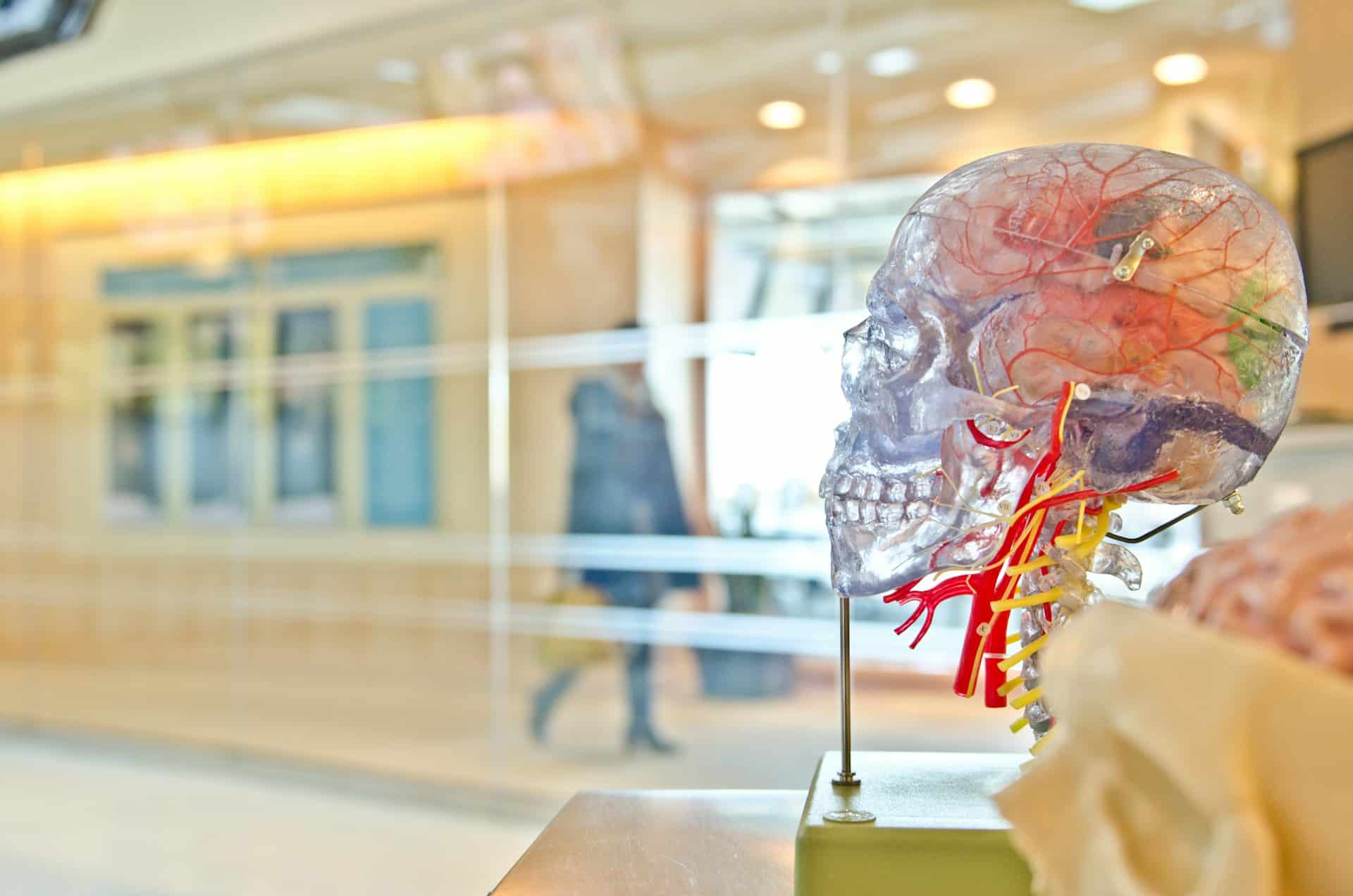What Are the Advances in Neurotechnology for Treating Brain Disorders?

When you first hear of neurotechnology, it might sound like an idea straight from a science fiction movie. But the reality is, these technologies are not only plausible but are now playing a crucial role in treating brain disorders. To understand better, let’s delve into the world of neurotechnology, its potential, and the ethical considerations that come with it.
The Potentials of Neurotechnology
Neurotechnology refers to the application of technologies designed to understand and manipulate the human brain’s functions. It’s an umbrella term that encompasses various tools like brain-computer interfaces, neurofeedback, and transcranial direct current stimulation (tDCS).
In parallel : How online tutoring platforms are revolutionising education
tDCS is a particularly interesting application. It involves the use of a small electrical current to stimulate specific parts of the brain, aiding in improving cognitive abilities and treating neurological disorders. For example, tDCS has been proven efficient as a treatment for disorders such as depression, chronic pain, and even Alzheimer’s disease.
Nonetheless, as with any groundbreaking technology, neurotechnology brings about potential ethical and legal challenges. These challenges revolve around privacy rights, the potential misuse of data, and the risk of physical harm.
Additional reading : Can AI-Powered Sentiment Analysis Enhance Customer Service Strategies?
Ethical Implications of Neurotechnology
The ethical implications of neurotechnology mainly concern the privacy and autonomy of the human will. Given that these technologies can read and interpret brain activity, there’s the potential for misuse of this personal data. This could lead to what some refer to as ‘brain hacking’ – the illegal access and manipulation of brain data.
The question of autonomy also arises. If the technology can alter brain function, to what extent does it influence an individual’s decision-making process? And could it potentially infringe on one’s right to mental integrity?
These ethical considerations emphasize the need for regulations and robust governance models to guide the use of neurotechnology.
Legal Aspects Surrounding Neurotechnology
The legal aspects of neurotechnology are closely tied to its ethical implications. Existing laws may not adequately cover issues related to the use of neurotechnology, making it a legal grey area. There is a need for explicit legislation that covers the use, storage, and access to brain data.
The question of liability also arises. Who is responsible if a neurotechnology device malfunctions or is used unethically? Is it the user, the manufacturer, or the health care provider who prescribed its use? Laws need to be put in place to answer these questions and ensure the safety and privacy of users.
Advances in Neurotechnologies for Treating Brain Disorders
Despite the ethical and legal challenges, the promise of neurotechnology in treating brain disorders is undeniable. These technologies have the potential to revolutionize the way we treat mental health disorders and improve overall brain health – a potential that researchers and medical professionals are keenly exploring.
For instance, neurofeedback therapy, which involves monitoring and modifying brain waves, has shown promise in treating conditions like ADHD, depression, and anxiety. Deep brain stimulation, another form of neurotechnology, has been successful in treating disorders such as Parkinson’s disease and obsessive-compulsive disorder.
Clinical trials are also ongoing for the use of tDCS in treating a wide range of conditions, including stroke rehabilitation and chronic pain. The potential for neurotechnology as a treatment option is vast, and with continued research, we are likely to see more applications in the coming years.
Neurotechnology: A Tool for The Future
The advances in neurotechnology are reshaping the landscape of neurological treatment. The ability to directly interact with our brain has opened new doors for treating brain disorders that were once thought untreatable.
However, the rapid advancement in this field necessitates a parallel development in the ethical and legal frameworks guiding its use. This is to ensure that while we continue to explore the full potential of neurotech, we do not compromise our privacy and autonomy.
The future of neurotechnology is bright, and with continued research and ethical considerations, it holds the key to unlocking new ways of improving human health.
Advanced Deep Brain Stimulation Techniques
Among the promising branches of neurotechnology, deep brain stimulation (DBS) stands out. DBS is a surgical procedure that implants a device to send electrical signals to specific parts of the brain. This procedure has been used to treat conditions like Parkinson’s disease, dystonia, and essential tremor.
The advent of DBS has revolutionized the treatment of Parkinson’s disease, a neurological disorder which affects movement and motor skills. Traditional treatment methods often have side effects and can lose efficacy over time. But DBS offers a more sustainable, long-term solution. By delivering continuous electrical pulses to specific brain areas, it has been shown to significantly reduce tremors, rigidity, and bradykinesia in patients with Parkinson’s disease.
However, DBS is not just a tool to manage symptoms, but it may also provide insights into the fundamental nature of these disorders. The data gathered from DBS can help scientists better understand the underlying brain activity and mechanisms involved in these conditions.
Despite its potential, DBS is an invasive procedure and has risks including infection, stroke, or speech problems. Therefore, ongoing research is focused on developing non-invasive alternatives such as transcranial magnetic stimulation (TMS) and transcranial direct current stimulation (tDCS).
The Intersection of Neurotechnology and Artificial Intelligence
As we delve deeper into the potential of neurotechnology, it becomes apparent that artificial intelligence (AI) has a significant role to play. AI and machine learning can help analyze and interpret the vast amounts of data produced by neurotechnology tools.
For instance, brain-computer interfaces (BCIs) generate a lot of data related to brain activity. This data can be overwhelming and difficult to interpret. That’s where AI comes in. By using AI algorithms, researchers can make sense of these complex data sets, potentially uncovering patterns that could help in diagnosing and treating brain disorders.
Moreover, AI can assist in refining neurotechnologies. It can be used to improve the accuracy of brain stimulation techniques, minimizing adverse side effects. Furthermore, the combination of AI and neurotechnology can lead to improved personalization in treatment. By analyzing individual brain activity patterns, treatments can be tailored to the specific needs of each patient.
However, the intersection of AI and neurotechnology raises additional ethical and legal concerns. Given the involvement of AI, which adds a layer of complexity to data protection and personal identity, it’s imperative to establish robust governance structures.
In Conclusion: The Future of Neurotechnology
The future of neurotechnology has never been brighter. Through deep brain stimulation, artificial intelligence, and other innovative techniques, neurotechnology has the potential to drastically change how we diagnose and treat brain disorders.
However, the rapid advancement in this field also necessitates an equally rapid development in governance, ethics, and law. As we continue to push the boundaries of what’s possible, we must ensure that the national academies, regulatory bodies, and policymakers are keeping pace to safeguard our privacy, autonomy, and personal identity.
The Brain Initiative and other similar neuroscience doi programs are doing commendable work in advancing neurotechnology while addressing its ethical dimensions. With a balanced approach, we can harness the potential of neurotechnology without compromising our morals and rights.
As we look to the future, let’s remember that while technology is a powerful tool, it’s ultimately the wisdom with which we use it that will determine our progress. Neurotechnology offers a new frontier for the advancement of human health, and we must navigate it with care, thoughtfulness, and an unwavering commitment to ethics.
